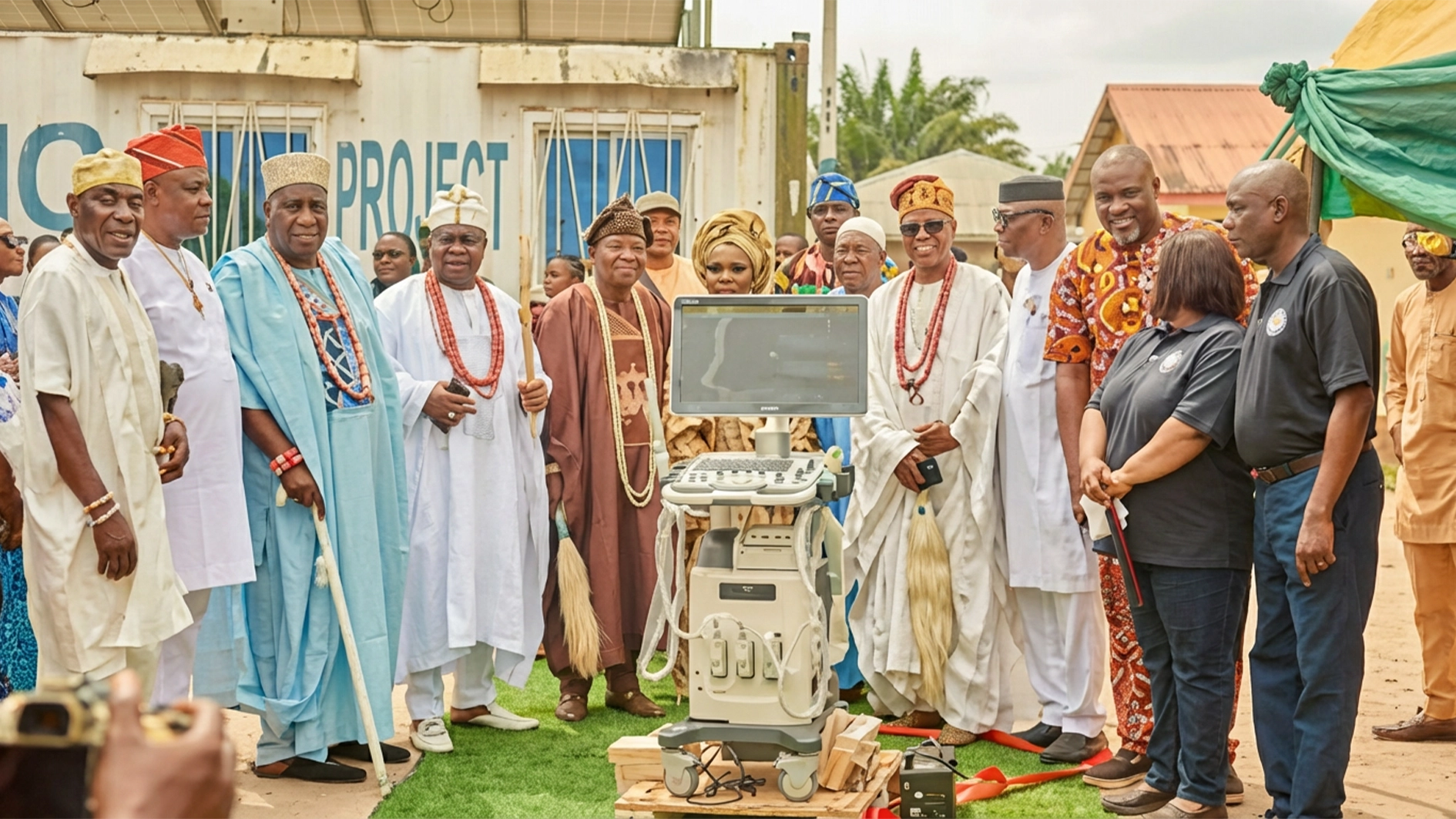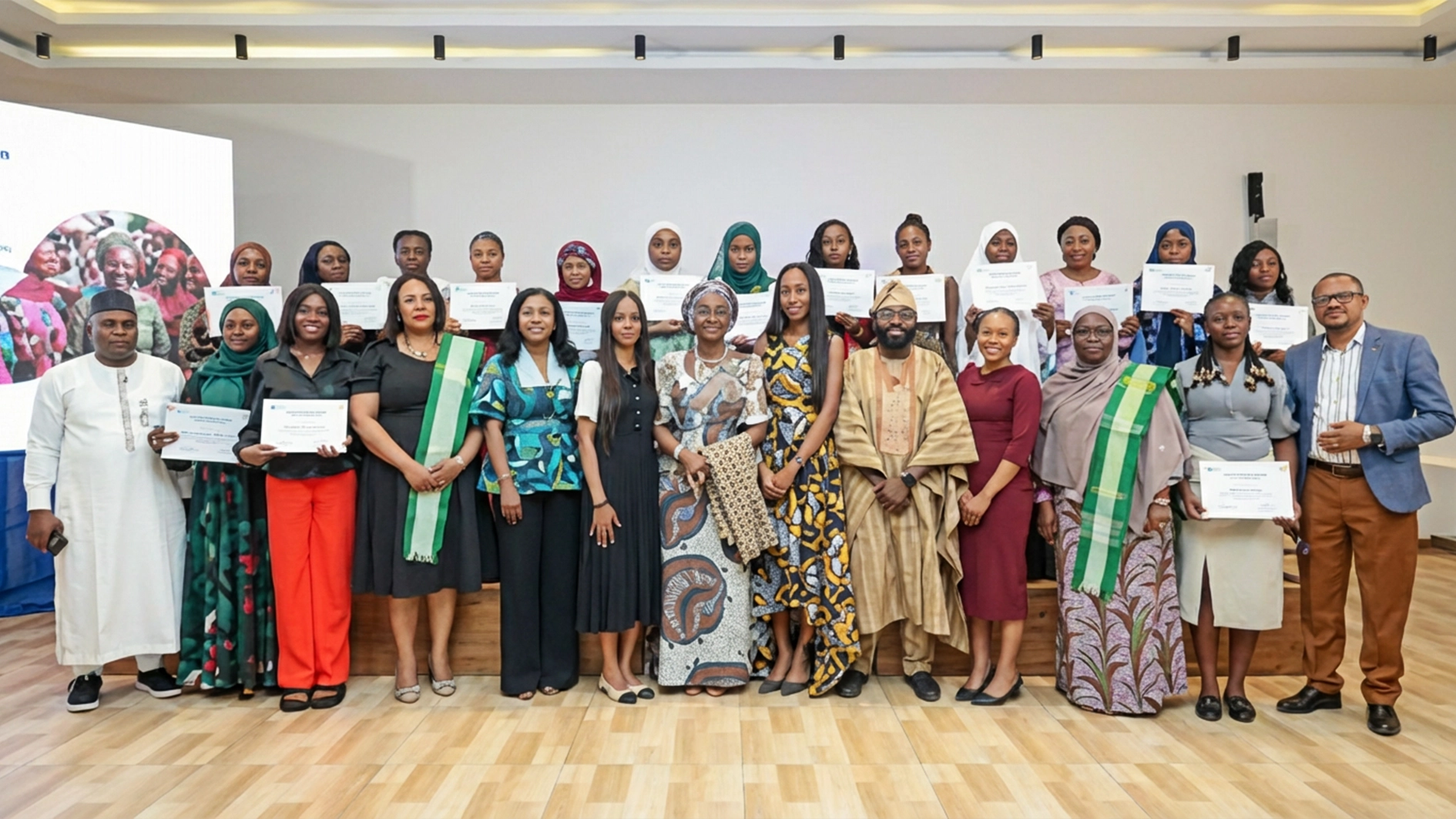
Denis Foretia is the Director of the Centre for Multicultural and Global Health and Associate Director for the Global Surgery Institute at the University of Tennessee Health Science Centre (UTHSC), Tennessee. In this interview with TOBI AWODIPE, he talks about how Nigeria can leverage its diaspora to overhaul its healthcare system, how Nigeria can become a healthcare destination and how bilateral partnerships with university hospitals abroad can be achieved.
What would you describe as good modern medical practices Nigerian doctors can emulate?
The most important thing with medicine is diagnosing the problem quickly and then doing an intervention if it’s necessary. More importantly, doing the correct intervention and doing it on time. In medicine, that’s fundamental. Most of the time, the problem that we see is how there is a huge delay in coming to the hospital and then when they’re in the hospital, delay in diagnosing the problem. Once there is a delay in diagnosis, you are then faced with the challenge of providing the appropriate care on time. I think it should be more on how we improve or reduce the time for appropriate diagnosis and improve the quality of care that is developed, but that can only really be improved when the patient’s interest is put at the centre. This is across board and not specific to Nigeria or the US or Cameroon or any other country, but it’s universal. Patient interest must be first. We must look at all the areas where there are gaps in care and see how we can shorten or even eliminate these gaps.
You spoke about bilateral partnerships between the US and Nigeria; how do you think this can be achieved in the shortest possible time?
The most important thing is intention and commitment from partners. When you have a partnership, it means that two or more entities agree on a set of issues and they want to work on those things together. There must be commitment on both sides and that commitment must be in time and resources.in order for a partnership to be bilateral, you need physicians/colleagues on both sides who are committed to the goal and are committed to ensuring that they deliver on a particular end or product. If it’s patient care, they’re committed to doing just that and this requires a lot of humility. Humility dictates that you must be ready to say what it is you don’t know, identify the barriers that you have and be willing to open up for suggestions. If you’ve done something in a particular way all the time, you must be willing to listen to potential alternatives in what could be done. This requires humility. In our experience, the most successful people, even Nobel laureates are very humble. You will be hard pressed to see a Nobel Laureate who is proud, because they understand their limitations and they are humble in the fact that they don’t know many things. If that humility percolates through in a partnership, imagine the possibilities of what can be achieved. People must be willing to learn and be open to new ideas.
You spoke about our diaspora being the biggest engine for partnerships; how would you say we can leverage it to assist in the country’s healthcare?
I know firsthand almost all the major leaders in the Nigerian diaspora as far as healthcare is concerned and not just what they are doing now but also what they want to do in the future. As far as skills, knowledge, good people, and the people with the best experience in Africa is concerned, Nigeria is number one. Both in knowledge base and expertise outside Nigeria and all over the world, Nigerians are tops.
Wherever you go in the world, you have Nigerians excelling at the topmost level. Be it in healthcare, education, or technology, wherever it is, Nigerians are the best. The healthcare workers here in the U.S have an association, the Association of Nigerian Medical and Professionals in America (ANMPA), and we learn from them about how to do great partnership and how to work. The Nigerian Association of Physicians in America is one of the most successful bodies here in the U.S and they have expertise in every specialty and they are in all levels of leadership. If Nigeria opens the door to them, just open it, don’t give them preferential treatment; they would transform Nigeria into a healthcare destination.
We already have some of this happening in Lagos and Abuja on small levels, but if the government just opens up for them, the level at which it would scale, it would transform Nigeria in ways that no one would imagine. But the one thing I must emphasise is that the expertise is in abundance, it is everywhere you look. Every city one goes, you must meet a highly skilled Nigerian doing great things. At the main partner hospital for the University of Tennessee, the Methodist University Hospital, the president of that hospital is a Nigerian, he is the president of the entire health system which is worth over $3bn. If you are running such an enterprise and managing the complexity of such system as big as that, you can imagine what he would do for the health system back home.
There have been complaints from the government that other countries are ‘stealing’ our best brains and are contemplating passing a law to keep healthcare workers back for some years in Nigeria, what is your opinion about this?
It is surprising that the Nigerian parliament would consider a law like that, but I would say it is bad for the system. Forcing them to stay back would not solve brain drain, it would only worsen it because Nigerians who are working abroad or educated abroad would not want to come back to contribute. Even the ones that schooled in Nigeria for several years are finding it difficult to get good jobs after graduating. They spend several years losing their skills, some will not improve their skills and will leave clinical medicine and do other things. This means the healthcare in Nigeria will simply suffer more. I understand that they want to solve the problem but the solution being proposed is not the way forward because we know what the ramifications are. I would suggest to the government to make it easier for Nigerians in the diaspora to come and practice here in Nigeria.
Many Nigerians in the diaspora want to come back home but the bottlenecks in licensing and other factors are keeping them away. For instance, if Nigeria has a good partnership with Harvard University or University College London or whichever top school, the doctors that trained there and wish to come back home, their diplomas should be able to be transferred easily to Nigeria. All the country needs to see is recommendations from where the person is coming from that indeed, the person has been working there and if they’re not totally satisfied, they can make the doctor write an exam or be monitored by a local specialist so they understand the specificities of the environment. Make them partner with a colleague for a year and after that year, surely, we should be able to tell if the person is truly who they say they are and should be allowed to branch out on their own. If this is done, the country would increase the pool of expert doctors overnight. These are a few things that can be done easily without stress.
You have mentioned partnerships several times, tell us specifically how the UTHSC intends to work with hospitals here in Nigeria for instance?
The first thing I would like to do is knowledge sharing. Our experience in other countries we have partnered with, shows that it always starts with a conversation to understand what the problems are because if we look at it from the outside, we will mis-diagnose surely. Partnership requires conversation and the first thing we will ask is what they are looking for and what we can bring to the table. This will advance to clinical care in how you practice, in education in how you teach and learn, in research on how we source new medications, manage critical patients and so on but the core of it is how we share knowledge and how willing we are to share it.
What things/changes would you like to see happen for us differently in the Nigerian healthcare system?
Nigerians in Nigeria tell me that what they want the most is timely and appropriate care as well as quality care. Quality is in improvement and though no system has total quality care, we must continue to preach improvement in our healthcare system.






